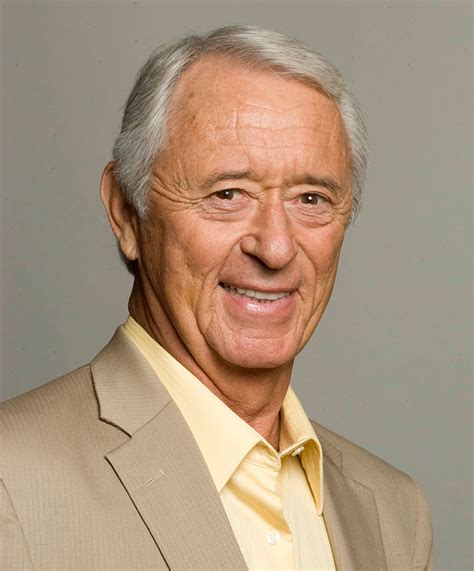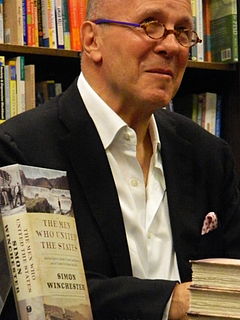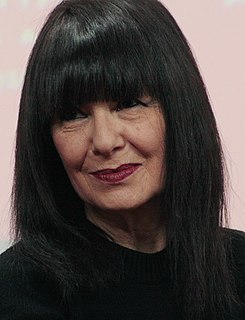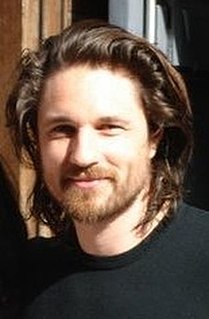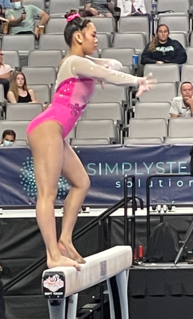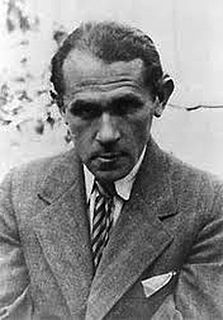A Quote by David Abram
The telling of stories, like singing and praying, would seem to be an almost ceremonial act, an ancient and necessary mode of speech that tends the earthly rootedness of human language. For narrated events always happen somewhere. And for an oral culture, that location is never merely incidental to those occurrences. The events belong, as it were, to the place, and to tell the story of those events is to let the place itself speak through the telling.
Related Quotes
A particular place in the land is never, for an oral culture, just a passive or inert setting for the human events that occur there. It is an active participant in those occurrences. Indeed, by virtue of its underlying and enveloping presence, the place may even be felt to be the source, the primary power that expresses itself through the various events that unfold there.
Not only is the Universe aware of us, but it also communicates with us. We, in turn, are constantly in communication with the Universe through our words, thoughts, and actions. The Universe responds with events. Events are the language of the Universe. The most obvious of those events are what we call coincidence.
Each of us has a network of emotional and logical associations that is unique to us. Activate one mode of the association, and you activate a predictable pattern of behavior. A situation isn't just the external events that take place; it is how each individual processes those events and integrates them into her thoughts and feelings.
I would like the events never to be told directly by the author, but rather to be introduced (and several times, from various angles) by those among the characters on whom they will have had any effect. I would like those events, in the account they will make of them, to appear slightly distorted; a kind of interest stems, for the reader, from the simple fact that he should need to restore. The story requires his collaboration in order to properly take shape.
Those of us who obsess over every word and action are constantly recalling past events, but that doesn't make them any less painful, nor does it help us transcend them. To write memoir, you have to not only recollect past events, you have to revisit them. You have to get back to the mental and emotional state you were in during those events.
What's your story? It's all in the telling. Stories are compasses and architecture; we navigate by them, and to be without a story is to be lost in the vastness of world that spreads in all directions like arctic tundra or sea ice. To love someone is to put yourself in their place, we say, which is to put yourself in their story, or figure out how to tell yourself their story. Which means that a place is a story, and stories are geography, and empathy is first of all an act of imagination, a storyteller's art, and then a way of traveling from here to there.
We always seem to be surprised by events, especially by catastrophes, but also by wonderful events. Look at 1990, the year that the Soviet Union collapsed and apartheid in South Africa collapsed and the Berlin Wall came down. I don't know anyone who foresaw those events. It seems to me that as a species we are constantly trying to adapt ourselves to the unexpected. In the meantime, we talk as if we are in control, and we're not. This seems to me to be the truth about the twentieth century.
There is a sequence of events in our lives and so there's a temporal aspect to our experience that brings by itself, sense into the story. In other words, you were not walking before you were born and you were not doing X and Y before you did something else first. So there's a sequencing of events that imposes a certain structure to the story.
I think that it drives from an emotional connection with everybody that pulls you through all of those events, whether it's the events or what would be more the action, or I guess the visual effects side of it. So it always starts with me from - emotionally - 'Why do you care about the people who are going through what they're going through?' Because it takes a hell of a lot to put them through that. So you better care for them when they're doing it.


